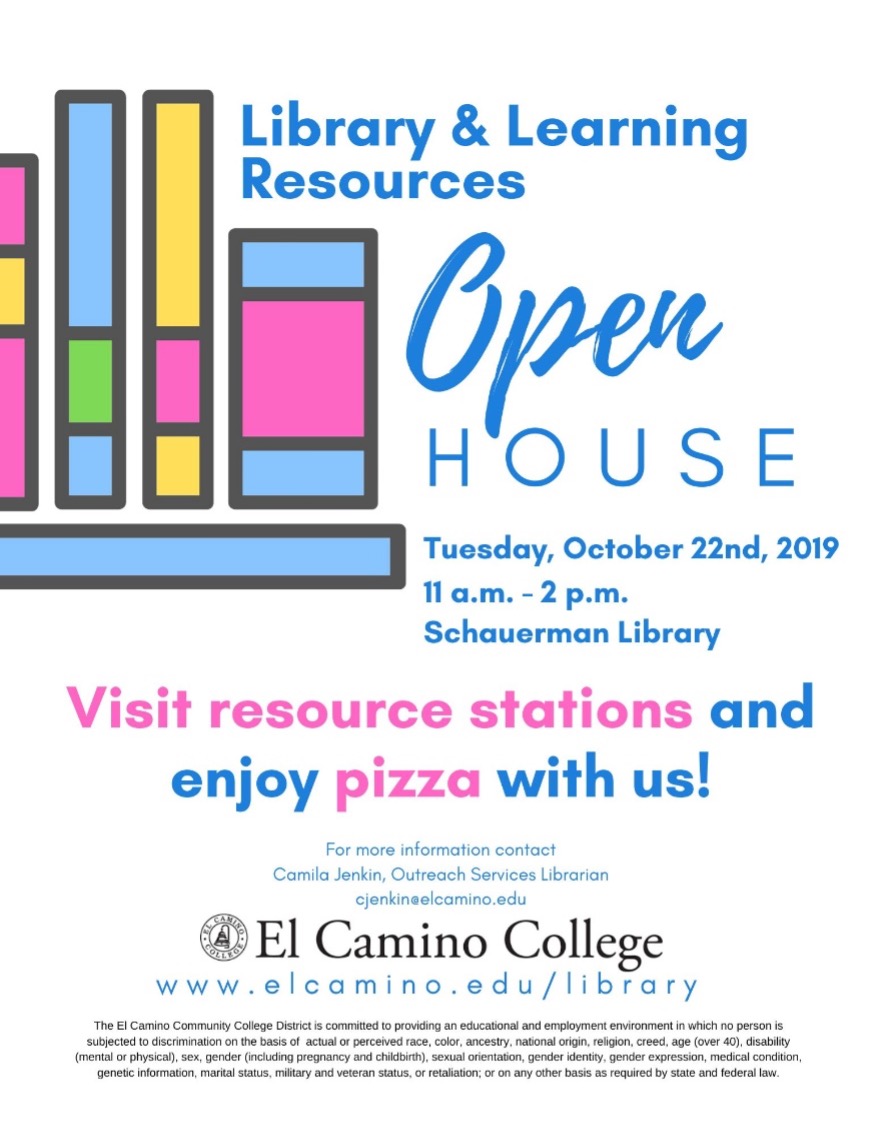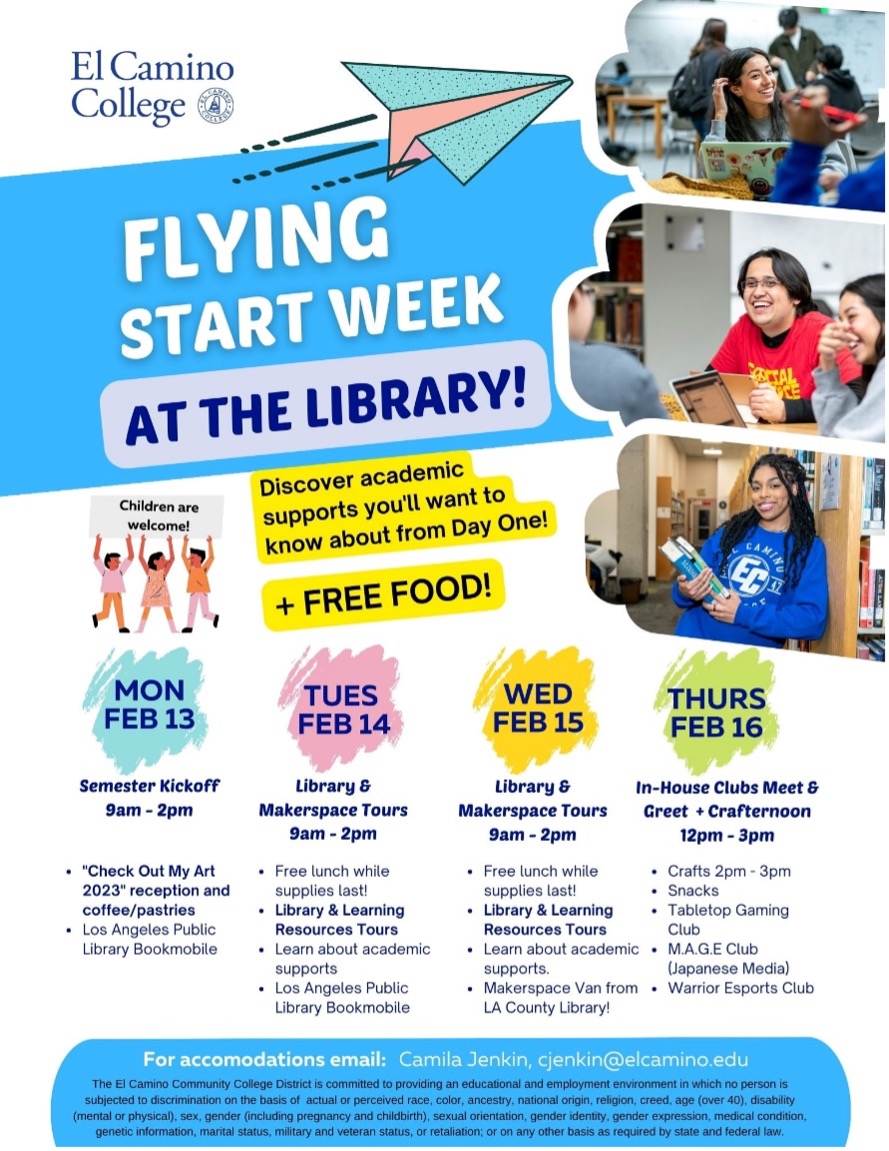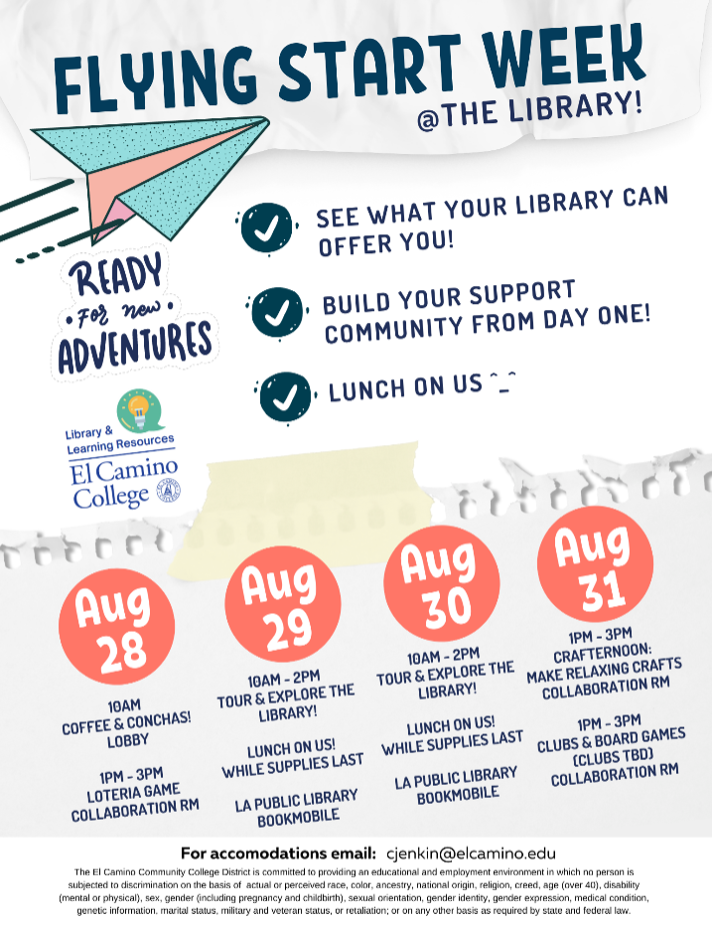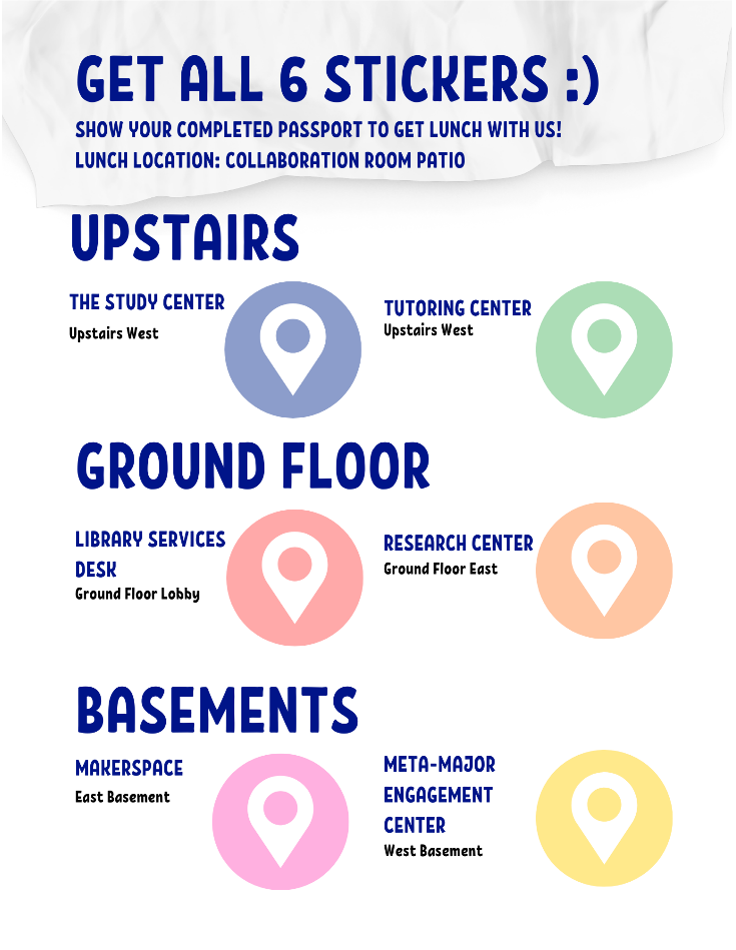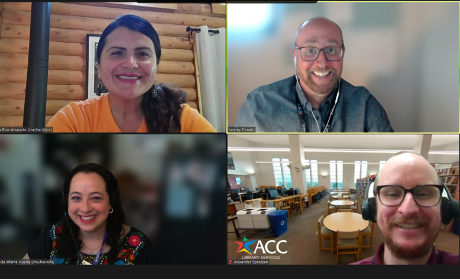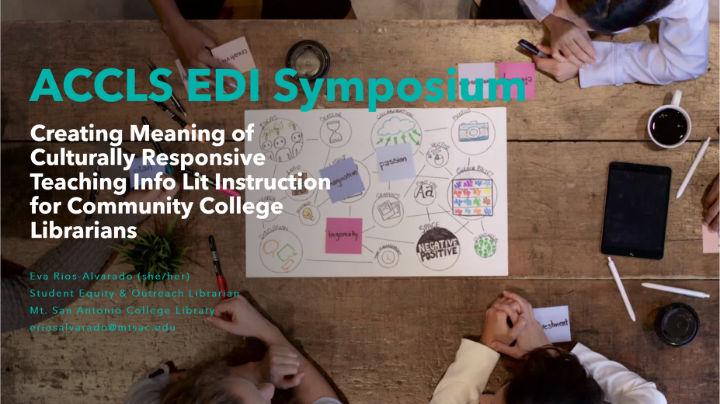By Terezita Reyes Overduin, Chaffey College
Racelighting is a framework put forth by Dr Luke Wood and Dr Frank Harris Jr. that describes the process that marginalized peoples go through that results in the distortion of our reality. Their formal definition is, “the process whereby People of Color question their own thoughts and actions due to systemically delivered racialized messages that make them second guess their own lived experiences [and realities] with racism.” Racelighting applies the concept of gaslighting to the long-term effects of racial microaggressions and provides a framework to understand our experiences and their effects on our psyche and morale in the workplace.
Effects of racelighting
In the gaslighting experience, the “gaslightee” is disoriented, confused, and has trouble deciphering what is true and what is not. Racelighting has these same consequences. As we experience bias and racism daily in the form of microaggressions, both in personal and professional contexts, we often come away wondering, “What just happened? Did they actually say that? I must not have heard correctly.” As a result of the subliminal message in microaggressions that non-white people are somehow inferior, we wonder if we are to blame. The concept of racelighting highlights these reactions and collects them into a definable phenomenon.
In their work, Wood and Harris write, “when experiencing racelighting, People of Color may be led to second guess their experiences, feelings, capabilities, knowledge, decision-making, recollections, and basic humanity”. The effects of racelighting are, above all, disorienting and confusing. We second-guess what we thought was real and begin to wonder if we truly are inferior. What just happened here? Did I hear that correctly? Am I truly capable of this job? I thought I was able to do this, but maybe I was wrong? These feelings are all the result of intentional or unintentional messages sent by others.
The process
The means by which this experience is perpetuated is through racialized microaggressions. Drs. Wood and Harris provide this image to explain how racelighting fits into the overall context and processes of racism in America. It describes the process as beginning with antecedents such as White supremacy and systemic oppression. These antecedents inform interpersonal biases, which lead to the expression of microaggressions. Microaggressions are the means through which we experience racelighting, that disorientation that leaves us feeling that I’m not smart enough, capable enough, good enough. Over time, the weight of repeated experiences with microaggressions make us start questioning our realities and our perceptions of our abilities and ultimately our worth. Finally, experiences with racelighting can lead to other phenomena such as racial battle fatigue, stereotype threat, and imposter syndrome.
How it feels
It’s important to really explore and understand the effects because this is where I had my ah-ha moment. Racelighting makes you feel lost, confused, disoriented. It makes you feel like what you thought was true actually is not true. In my previous workplaces, I knew I was a good librarian and that my work was valued by my colleagues, my superiors, and my students. But after a few months at a new institution, I doubted. I felt like I wasn’t a good librarian anymore. I didn’t know how to properly serve students. I didn’t have good ideas for new library programs and initiatives. I don’t belong here. Should I even be a librarian anymore?
As non-white librarians and library workers go through our daily work, the cumulative toll of microaggressions of all kinds can cause us to question our experiences and blame ourselves for the negative interactions we have when, in truth, these experiences are the result of the implicit and explicit biases upheld by the normalized societal structures of white supremacy.
What to do about it
If you are experiencing racelighting, what should you do about it? There are a variety of answers, and it can be a very personal decision. The answer will be different for everyone. But here are some strategies that either worked for me or that I found recommended in the literature.
Building community
Finding other colleagues and allies who were able to confirm, support, and validate my experiences was of enormous value. The racelighting and gaslighting process necessitates that we be cut off from others who support or validate our experiences. Once our experiences, thoughts, and reality are confirmed by others, the spell of isolation is broken. Developing these connections and the validation that comes from sharing our stories allows us to be seen. In their work analyzing the experiences of BIPOC women science faculty, Rodrigues, Mendenhall, and Clancy found that “without sufficient social support, isolated faculty were more likely to internalize their colleagues’ gaslighting and question their experiences,” while “those faculty who did have adequate social support better contextualized and externalized their experience by recognizing that the fault lay with systemic and interpersonal oppression, not their own abilities”. If we are able to confirm and validate each other’s experiences, feelings, and realities, we can see through the false legitimacy of racialized messages and microaggressions.
The Power of Naming
This power of naming and enlightenment is real and quite strong. Gaslighting researchers Davis and Ernst tell us that “recognizing the process and developing narratives to resist the confines of gaslighting – or at the very least name it as what it is – automatically diminishes some of its power”. Wood and Harris argue that a deeper understanding of these issues “provide a sense of control and a language to discuss the issues BIPOC face in their lives”. On the day I sat at my desk watching Drs. Wood and Harris on a recorded webinar, I changed. After months of disoriented, disjointed interactions that left me wondering “why”, suddenly all the pieces of my experience fell into place. I gained a fuller understanding of what was happening in my interpersonal interactions at work, and that understanding allowed me to name and expel the racialized messages that were delivered to me so consistently. I encourage you, reader, to learn more about phenomena like racial battle fatigue, stereotype threat, or imposter syndrome! Read articles, watch videos, attend webinars and conferences. You are gaining the tools to describe and understand these experiences more fully.
Should I leave?
If you have experienced racelighting or microaggressions before, you may have asked yourself this question before. There are a myriad of reasons why, at the end of a long day, week, or maybe year, you would wonder to yourself whether you should stay or go. You may be asking yourself the bigger question of whether you should stay in the library profession at all.
Drs. Wood and Harris encourage those who find themselves in especially harmful work environments to seek other employment if that is an option. They argue that “long-term exposure to microaggressive messages must be avoided when there are the conditions and agency to do so.” Leaving can be an act of self-preservation and allow you to thrive in a more supportive organization. On the other hand, staying in your job can also be the right decision for you. Maybe leaving your job just isn’t an option for you. However, it’s also worth considering if staying would allow you to fight back. One day, In conversation with a library leader at a workshop, I described my situation and asked if I should just leave- leave my job, leave the profession. He offered me an alternative perspective. He told me that I had worked very hard to get where I am. I put in the time and work to complete my degree and had worked my way to the position I found myself in. After all that hard work, I should not be forced out of the career I had earned. I don’t have to believe the idea that I don’t belong because it simply isn’t true.
Tell your story
We deal with racism and microaggressions in our daily lives and work. We experience it in our interpersonal interactions, but it’s also compounded by the lack of knowledgeable administrative leadership and the institutional embrace of white dominant structures. While the collective weight of these interactions and messages brings discouragement, desolation, and despair, there is also hope. By telling our stories and sharing our experiences, we send another message: You are not alone. You are not less worthy. Your work is valuable. Even though you may question yourself, know that there are others out there who know what you’re going through and who will support you and your growth in this profession.
Suggestions for everyone
From an administrative perspective, much can be done to support those of us experiencing racelighting. So much of the racelighting experience is dependent on the response of managers, supervisors, deans, administrators, human resources, and anyone with power. A manager or anyone in these roles should affirm the experiences of the affected person and do what they can to rectify the situation, even if it feels like you can’t do very much. Gaslighting is the effect of a non-response; the obvious solution, then, is to have a response. This applies to colleagues as well. All people have the power to provide support just by speaking up instead of ignoring a situation. A simple, “That was so inappropriate!” after an altercation can help a colleague to feel seen instead of ignored.
We all can resist white dominance and systemic oppression collectively by learning, growing, and collaborating together. Those of us who experience racelighting can create community and safe spaces where we can hear each other’s stories. White allies can support their colleagues by supporting the creation of these spaces and making room for our voices and experiences in library work. We can learn about phenomena like racelighting, racial battle fatigue, and others in order to embrace and promote the power of naming. We can resist institutional oppression by challenging norms and advocating for ourselves and each other. And most importantly, we can lift these burdens from each other’s shoulders by uplifting one another.

